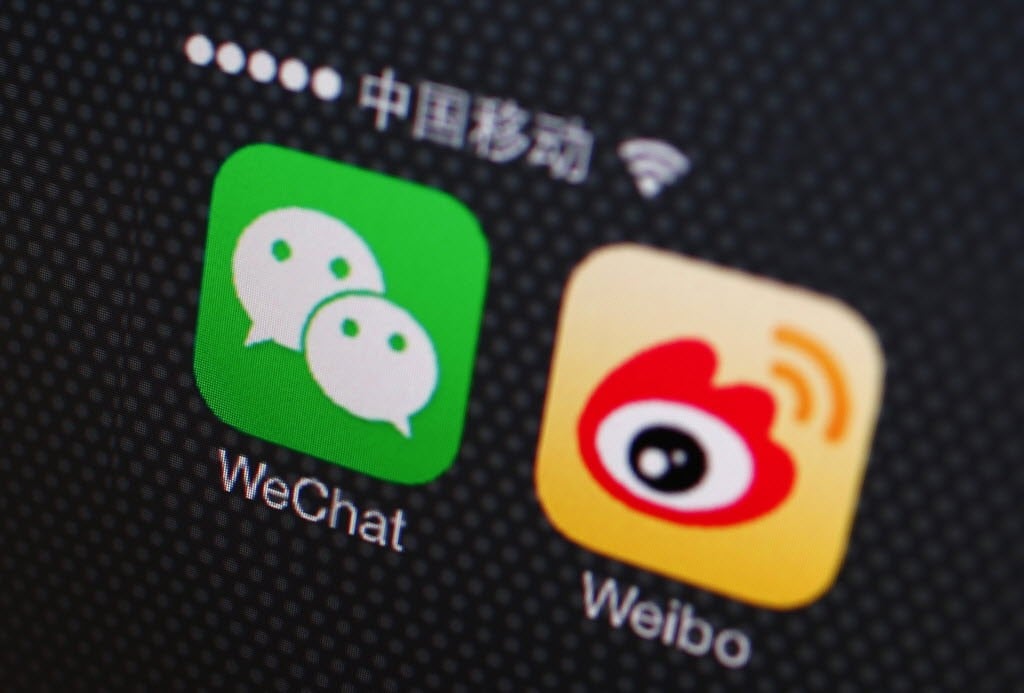
WeChat and Weibo ordered to clean up publishing “chaos”
China’s so-called “self-media” under fire by authorities
Social networks like WeChat and Weibo have generated an online content boom in China -- anyone can set up an account and share their thoughts with a wide audience. Now authorities want to slow it down.
WeChat and Weibo, two of the most popular social networks in China, were both given “serious warnings” about the “chaos” caused by their lack of management, the statement says.
How Weibo became China’s most popular blogging platform
The statement says that the scrubbed accounts allegedly include those that spread “politically harmful” information, fabricate rumors with sensational headlines, spread vulgar and pornographic content, and engage in extortion and plagiarism.

WeChat, the app that does everything
It’s not the first crackdown on social media content, but for the first time, authorities said that strict regulation for those types of accounts “will be the norm”. That has triggered strong reactions from netizens.
How China's biggest social network fights fake news
For more insights into China tech, sign up for our tech newsletters, subscribe to our Inside China Tech podcast, and download the comprehensive 2019 China Internet Report. Also roam China Tech City, an award-winning interactive digital map at our sister site Abacus.
For more insights into China tech, sign up for our tech newsletters, subscribe to our Inside China Tech podcast, and download the comprehensive 2019 China Internet Report. Also roam China Tech City, an award-winning interactive digital map at our sister site Abacus.

